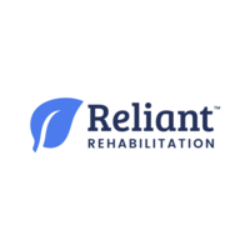During times of pandemic and national emergency, when flexibilities or waivers are allowed by CMS, supportive documentation is crucial to justify the need for our skilled care. Throughout the public health emergency, many providers have utilized the available waivers for SNFs, including “skilling in place.” With use of these waivers the following should be considered:
- Physician involvement, skilled nursing notes, and therapy evaluations and treatments should demonstrate medical necessity and skilled interventions relative to specific patient care needs.
- A signed physician certification will not suffice; the documentation needs to clearly support the order.
- The patient assessment, physician documentation, justification for the reason why the patient should be skilled in place versus discharged to the hospital, and hospital notes that document rationale for not admitting a patient or discharging early should all be obtained and recorded.
- Consistent and thorough documentation related to the care being delivered and why the particular care being provided is appropriate to the patient’s diagnosis, illness, or condition should be included.
- Strong facility processes, ongoing communication, and frequent medical record spot checks are the most effective ways to ensure that your records can best support the patient-centered care that is provided through the health care emergency and beyond.
After the emergency declaration is rescinded, it is very likely that CMS, either through the Office of the Inspector General (OIG) or contractors, will look to ensure that Medicare dollars were spent appropriately without fraud, waste or abuse. When evaluating the use of the waivers, it is important to focus on CMS’ goal to take “aggressive actions and exercise regulatory flexibilities to help healthcare providers contain the spread of 2019 Novel Coronavirus Disease (COVID-19).” Documentation will be critical to explain the rationale for the use of the waivers as well as clinical decision making for application.
In conclusion, a thorough interdisciplinary treatment record is crucial to support the specialized services provided during this health care emergency. As we continue to provide excellent resident-centered care, we should ensure that we demonstrate the complexity, sophistication, and medical necessity of the services that we provide in our documentation. Documentation is paramount to fortify defensibility following this pandemic and to ensure our residents continue to have access to quality care.


